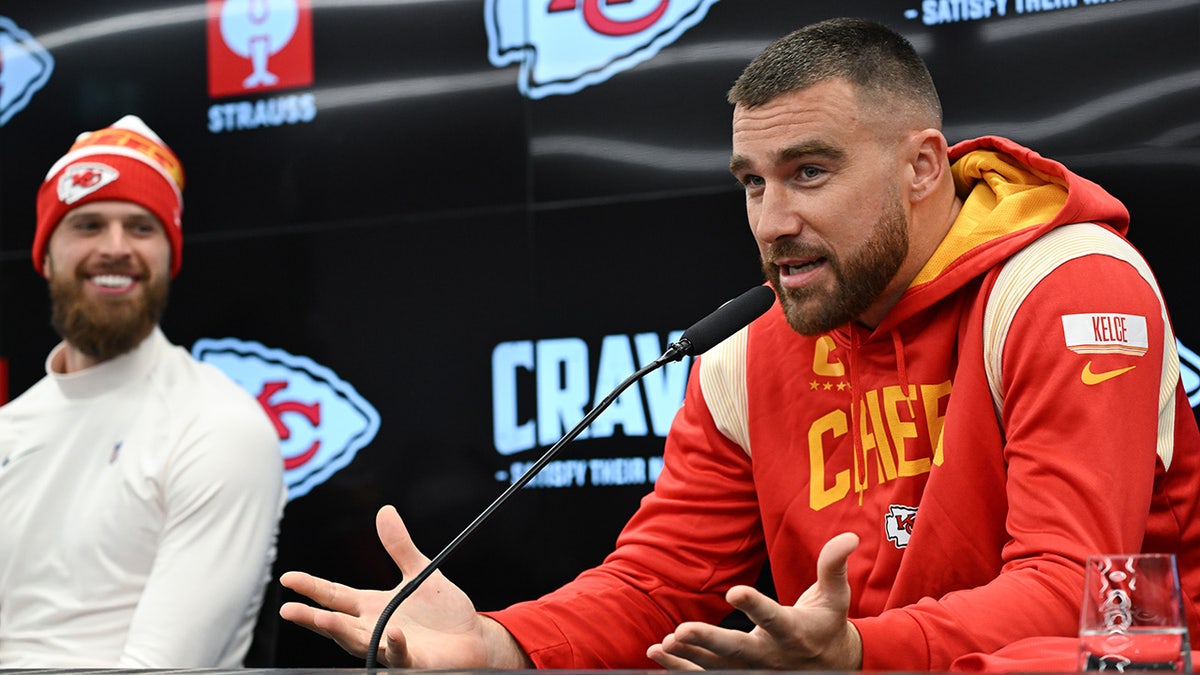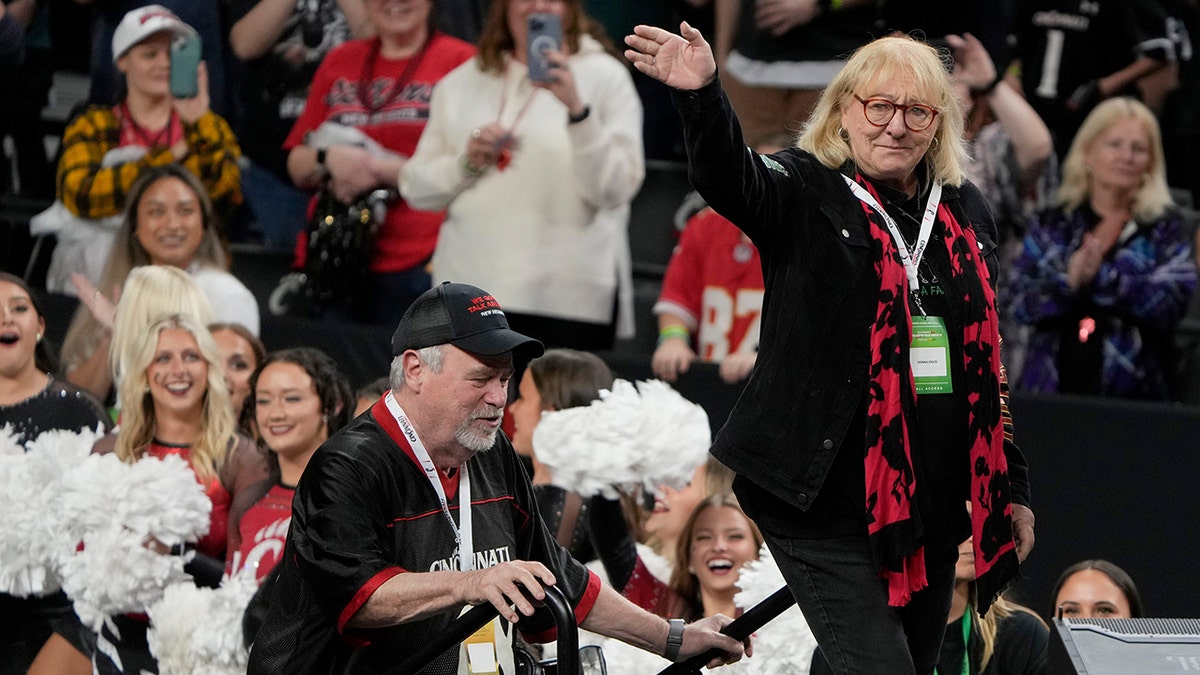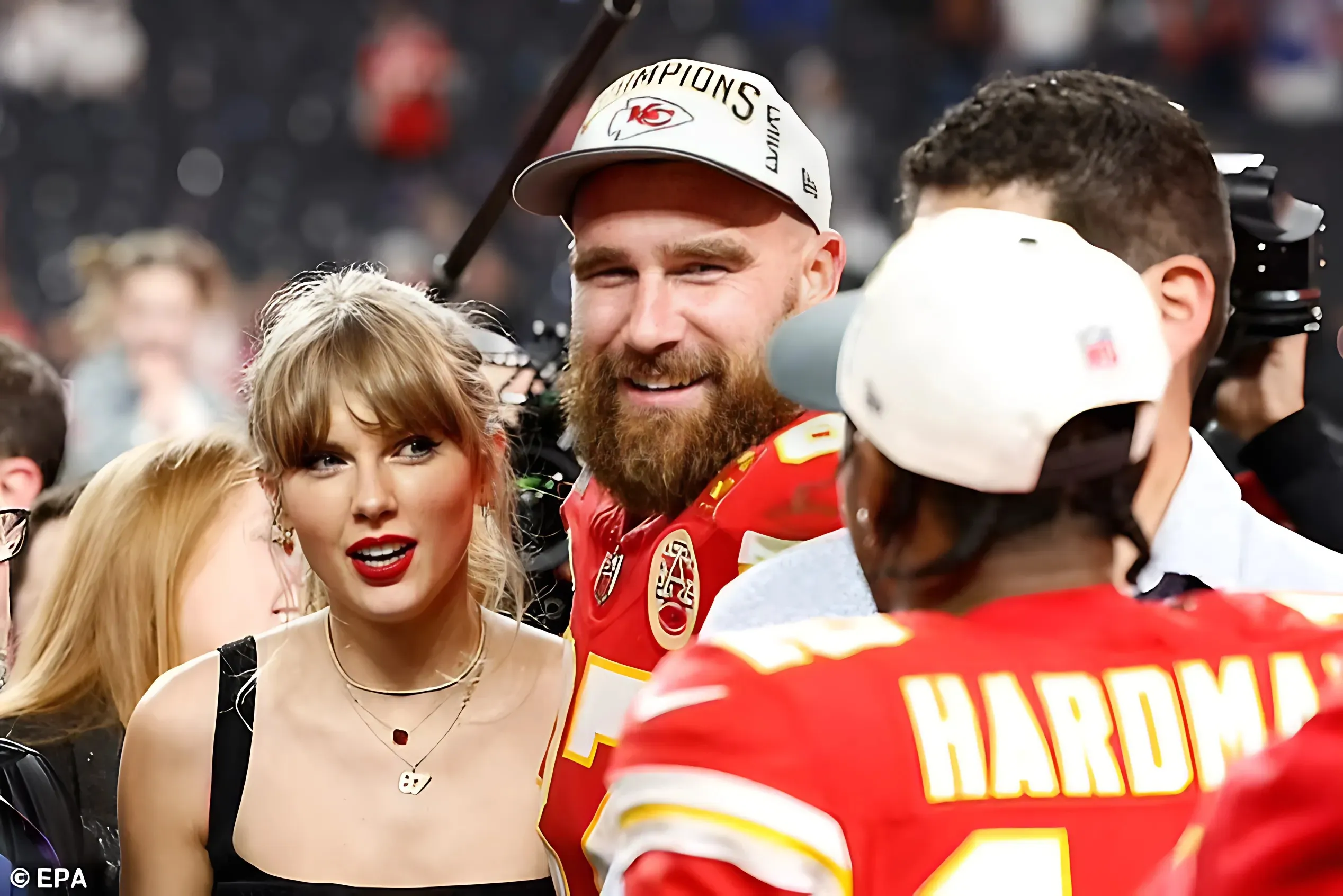Travis Kelce's Defense of Harrison Butker Sparks Conversation on Tolerance and Understanding

In a recent episode of the "New Heights" podcast, Kansas City Chiefs' tight end Travis Kelce opened up about his longtime teammate, Harrison Butker, amidst the controversy surrounding Butker's commencement speech at a Catholic college in Kansas.
Kelce, who has known Butker for over seven years, passionately defended Butker's character, emphasizing his qualities as a great person and teammate.
Kelce's support comes in the wake of heavy scrutiny faced by Butker following his speech at Benedictine College, where he shared his views on various topics, including abortion and the LGBTQ community.

The kicker's remarks, particularly those addressing the role of women as homemakers, sparked a heated debate and drew polarized reactions from the public.
While acknowledging his disagreement with the majority of Butker's speech, Kelce made it clear that he refuses to judge his teammate based on his religious views.
"I don’t think that I should judge him by his views, especially his religious views, of how to go about life. That’s just not who I am," Kelce expressed on the podcast.
Kelce's stance reflects a larger conversation on tolerance and understanding in today's society.

It highlights the importance of respecting differing viewpoints and recognizing individuals for their character and actions rather than solely their beliefs.
In a time when divisive rhetoric often dominates public discourse, Kelce's message serves as a reminder of the value of empathy and open-mindedness.
The veteran tight end also shared personal insights from his own upbringing, underscoring the diversity of family dynamics and the importance of appreciating all "walks of life."
He emphasized the roles of both his working parents in providing for their family, challenging traditional notions of gender-specific responsibilities within the household.
Kelce's sentiments were echoed by his brother, Jason Kelce, a former Philadelphia Eagles center, who emphasized the significance of family foundations and the seriousness of parenthood.
The brothers' reflections shed light on the multifaceted nature of family dynamics and the diverse experiences that shape individuals' perspectives on such matters.
The conversation sparked by Kelce's defense of Butker extends beyond the specific content of the kicker's speech, delving into broader themes of inclusivity and understanding.
It prompts introspection on how individuals navigate differences in beliefs and values, and how society can foster constructive dialogue amidst diverse perspectives.
In a time marked by heightened polarization and ideological divisions, Kelce's unwavering support for Butker serves as a compelling example of empathy and solidarity.
It underscores the power of standing by one's peers, even in the face of controversy, and advocating for mutual respect and understanding.
As discussions surrounding Butker's speech continue to unfold, Kelce's resolute defense of his teammate resonates as a call for compassion and tolerance.
It encourages individuals to engage in meaningful conversations that bridge divides and cultivate a culture of acceptance and respect for diverse viewpoints.
Ultimately, Kelce's unwavering support for Butker transcends the specifics of the commencement speech, offering a poignant reminder of the value of empathy, understanding, and unity in a world marked by differences.
It serves as a testament to the enduring power of solidarity in fostering a more inclusive and compassionate society.



